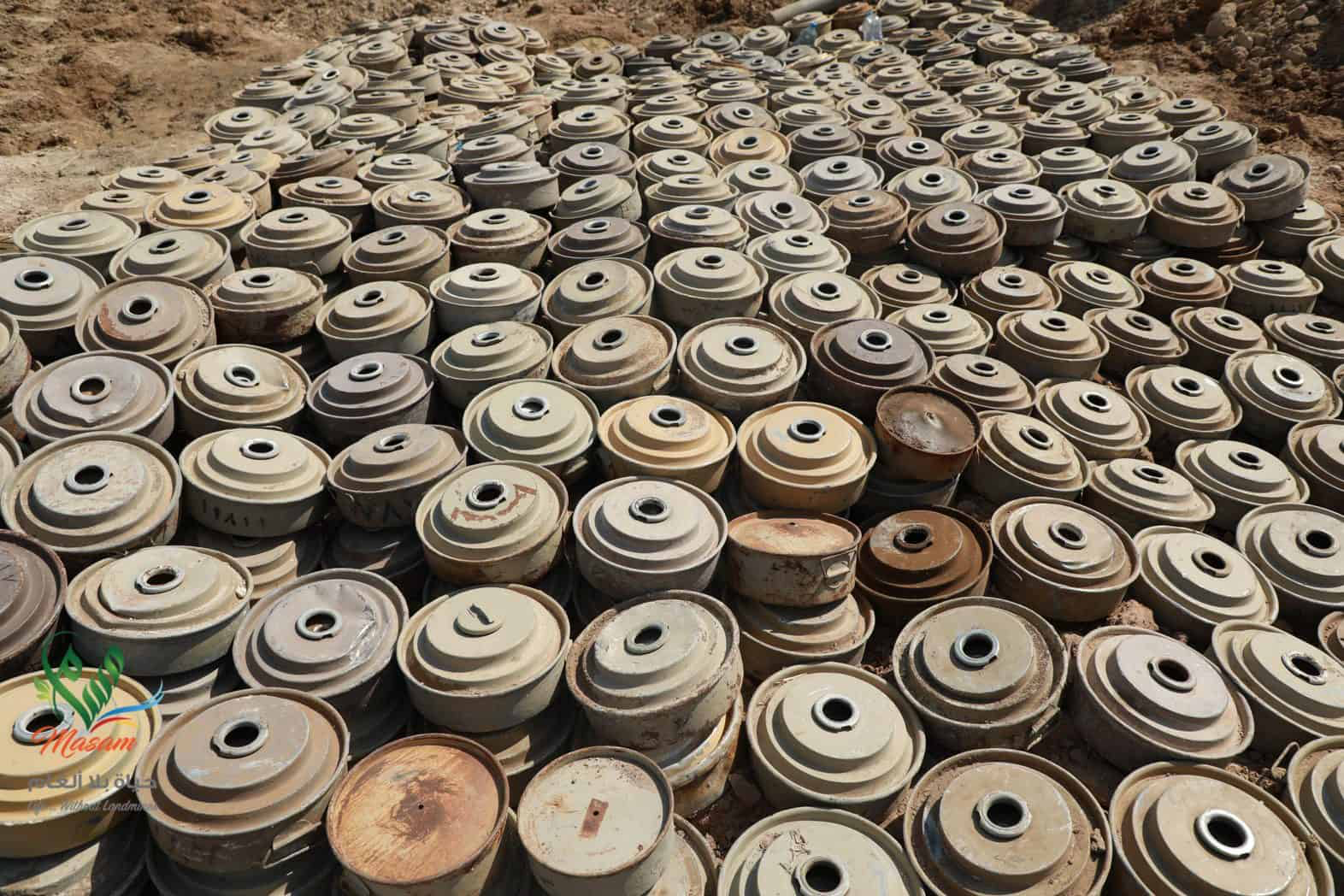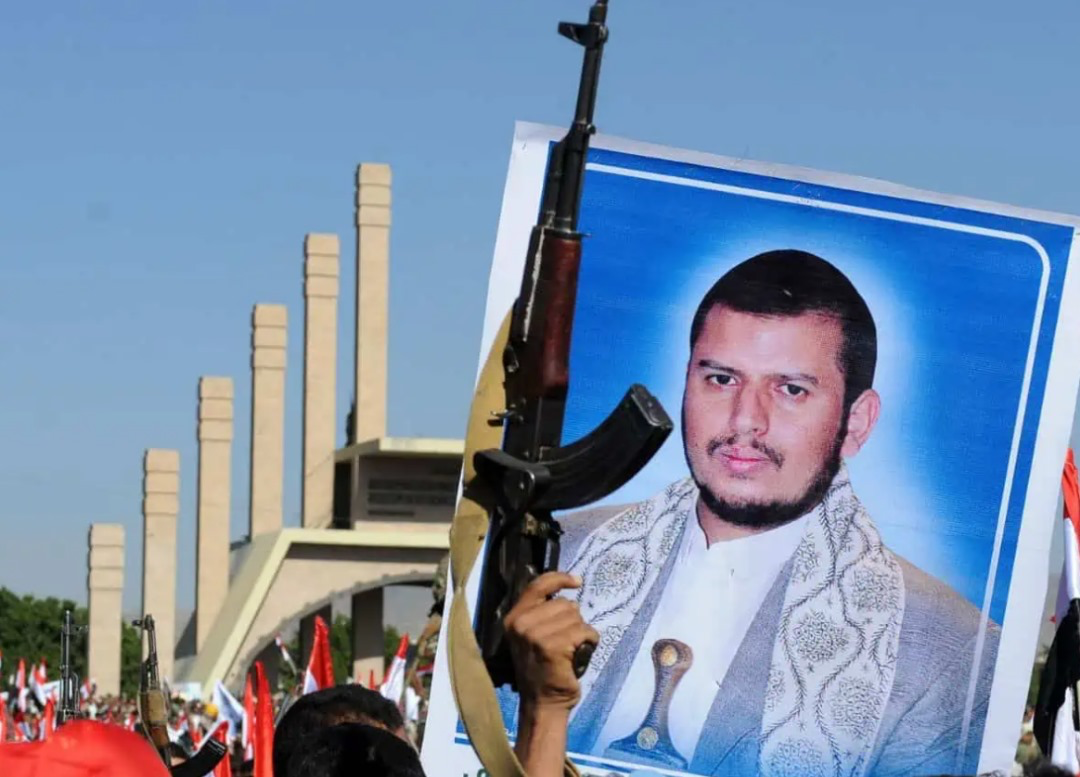
Barran Press - By Abdulaziz Al-Abarah
On Wednesday, September 25, 2024, Yemeni Prime Minister Ahmed bin Mubarak arrived in Marib province, accompanied by ministers of information, finance, interior, water and environment, industry and trade, and electricity and energy. His visit coincided with the Yemeni people's celebrations of the 62nd anniversary of the September 26 Revolution.
In a speech following his arrival, Bin Mubarak stated that the purpose of his visit was not solely celebratory; it aimed to address urgent issues, listen to the needs of citizens and local authorities, and seek solutions within available resources.
This report sheds light on the true motivations behind the visit, its implications, and its timing, considering the political and security challenges the country faces and the strategic and symbolic importance of Marib.
Fortress of the Republic
Dr. Nasser Al-Taweel, a political science professor at Sana'a University, explained that the visit underscores the government's commitment to public engagement during the September 26 anniversary celebrations. He noted that conditions in Aden may hinder similar celebrations due to the policies of the Southern Transitional Council.
Al-Taweel remarked that Marib has become a central stronghold for the republic, serving not only as a refuge for Yemenis fleeing oppression but also as a base for government leaders participating in national events.
The professor emphasized that the visit adds a formal presence to the celebrations in Marib, enhancing the official character of the events. He pointed out that the participation of the Prime Minister and several ministers, alongside the local governor, reinforces the government's visibility during national holidays.
Solidifying Unity
Political analyst Yassin Al-Tamimi highlighted the visit's timing, suggesting that it reflects the Prime Minister's desire to celebrate the revolution's anniversary, especially given his background from the southern province of Shabwa. He acknowledged that achieving such celebrations in Aden or other southern provinces would likely encounter challenges.
Al-Tamimi noted that the Prime Minister's presence in Marib signifies a commitment to national sentiments regarding the September 26 Revolution, which unified Yemenis before geographical unification occurred.
The accompanying delegation, including the finance minister and deputy governors of the central bank, is expected to discuss revenue-related matters during the visit.
Al-Tamimi dismissed the idea that the visit would have strategic repercussions, stressing that the Prime Minister is known for his positive stance on national unity and has not engaged in anti-unity rhetoric.
Significant Political Implications
Journalist Fahd Sultan observed that the Prime Minister's visit to Marib during the September 26 celebrations carries important political implications. He noted that Marib symbolizes resistance against the Houthis, indicating the government's desire to strengthen national symbolism, particularly as some regions show reluctance to participate in celebrations.
Sultan added that the refusal of controlling forces in Aden to participate in the festivities adds a political dimension to the visit. The government aims to showcase Marib as a successful model of resistance against the Houthis, contrasting it with the tensions in Aden between the Transitional Council and the legitimate government.
He argued that the visit indicates the government's efforts to reinforce its legitimacy and assert control over areas that continue to support the republican system.
Potential Impact
Sultan believes the visit could significantly influence power dynamics within the legitimate government. He noted that it strengthens alliances with northern forces that view Marib as a strategic stronghold while heightening tensions with forces in Aden, who may perceive the visit as a slight challenge to their authority.
A Sense of Loss
Expressing a deep sense of sorrow, journalist Abdulraqib Al-Hudiany lamented the inability of the new Yemeni government, which embodies the hopes of its citizens, to hold a celebration for the revolution in the temporary capital, Aden.
Al-Hudiany, a native of the southern provinces, told Barran Press that the revolution that overthrew the first Imamate should have unified all Yemeni forces against the new Imamate currently occupying Sana'a. Instead, he noted, the government has been forced to leave Aden for Marib to commemorate the event, which fills him with sadness.
He added, “The government, representing the national project, is trapped by this reality, reflecting the level of distress we have reached due to external interventions and the chaos surrounding the fight to restore legitimacy.”
Despite attempts to unify legitimate forces within the Presidential Leadership Council, Al-Hudiany argued that these efforts have not resulted in collaborative action or shared goals. Each faction remains entrenched in its own agenda, perpetuating division.
Harnessing Popular Momentum
Al-Hudiany believes the government's move to Marib aims to harness the overwhelming popular momentum evident in both Houthi-controlled areas and liberated provinces. This momentum reflects Yemenis' renewed commitment to the revolution's goals, especially as they witness the resurgence of the Imamate in Sana'a.
In light of this situation, he noted that the legitimate government finds itself in a difficult position and cannot remain passive or lag behind the aspirations of the people. Thus, their decision to celebrate in Marib appears to be a necessary gesture.
He emphasized that the purpose of the celebration is to convey that the government shares the ambitions and sentiments of the people, despite the many challenges it faces.
A Distinctive Model
During a broad meeting led by Sultan Al-Arada, a member of the Presidential Leadership Council, with several ministers and local leaders in Marib, Prime Minister Ahmed bin Mubarak clarified that his visit is not merely celebratory. It aims to address urgent issues and listen to the needs of citizens and local authorities.
He directed ministers and specialists to discuss various challenges and performance levels in the province's offices, aiming to develop a joint action plan for needs, support levels, and responsibilities the government must fulfill to enhance local performance and correct imbalances.
The Prime Minister praised the exemplary model presented by Marib’s local authority in reinforcing the state’s authority and managing citizens' affairs, as well as implementing a cohesive security plan to maintain stability and thwart Houthi attempts to disrupt peace.
Bin Mubarak affirmed that this approach is what the government aims to promote across all liberated provinces, highlighting the importance of social coexistence.





